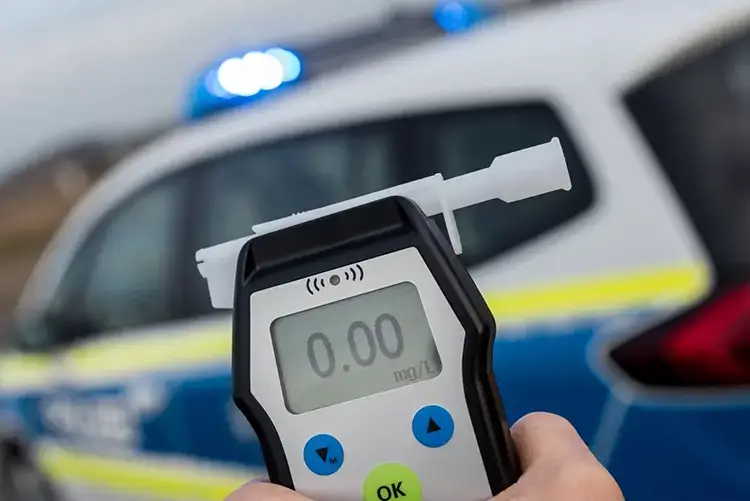
Being pulled over for driving under the influence (DUI) can be a stressful and intimidating experience in Greenville, and Bond County, IL. In such situations, it’s crucial to understand your rights and the limitations imposed on law enforcement officers. One common question that arises during a DUI arrest is whether the police have the authority to demand blood, breath, or urine samples from the suspect. Let’s delve into this topic and explore the legal implications surrounding this issue.
The Fourth Amendment and Search Warrants
Under the Fourth Amendment of the United States Constitution, individuals have the right to be free from unreasonable searches and seizures. Typically, this means that law enforcement officers must obtain a search warrant before conducting a search, including demanding bodily fluids for testing. However, there are exceptions to this requirement, such as in cases where the suspect gives voluntary consent or in situations involving exigent circumstances. DUI cases often fall under the exigent circumstances exception due to the dissipation of alcohol in the body over time.
Implied Consent Laws
To address the challenges posed by obtaining search warrants in DUI cases, most states have enacted implied consent laws. These laws stipulate that by operating a motor vehicle, drivers automatically give their implied consent to submit to chemical tests if lawfully arrested for suspicion of DUI in Greenville, and Bond County, IL. Refusing to comply with such tests may result in administrative penalties, such as license suspension, regardless of whether the person is ultimately convicted of DUI.

Consequences of Refusing Chemical Tests
While individuals generally have the right to refuse chemical tests, doing so can have serious repercussions. Refusal often leads to administrative penalties, such as a mandatory license suspension or revocation, depending on the state. Additionally, refusing a chemical test may be used against the individual in court as evidence of guilt, which could result in harsher criminal penalties if convicted. It’s essential to consult with an attorney to understand the specific implications of refusing or submitting to chemical tests in your jurisdiction.
Although the Fourth Amendment protects individuals from unreasonable searches and seizures, the law surrounding DUI arrests allows law enforcement officers to request blood, breath, or urine samples under certain circumstances. If you need assistance understanding these laws in Greenville and Bond County, IL, call the Elovitz Law Office today!



